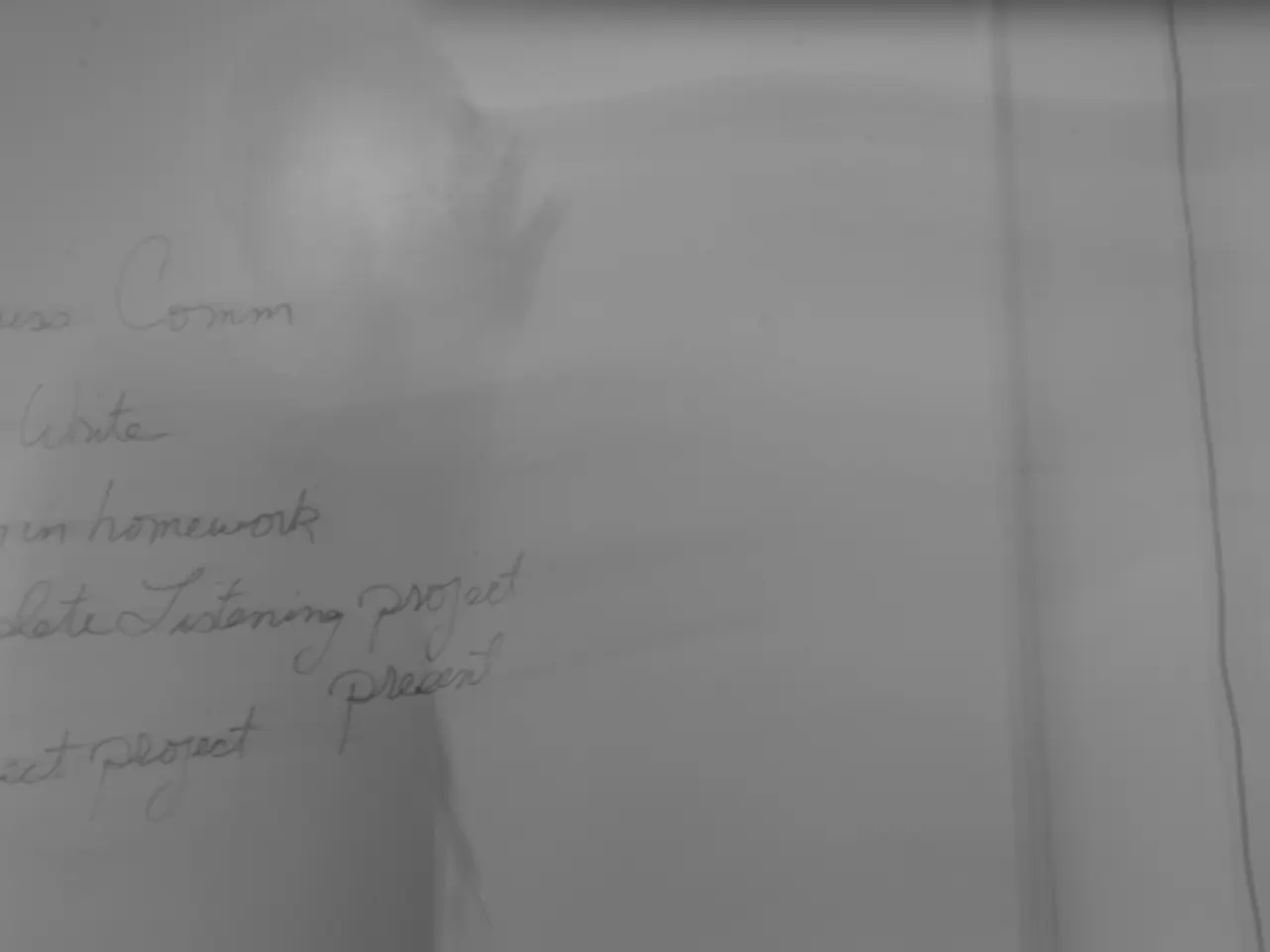Republican legislators in red states vow to eliminate property taxes in the near future.
The anti-property tax movement, gaining momentum within the Republican party, seeks to alleviate homeowners' financial burdens by eliminating property taxes. However, efforts to achieve this goal have been limited and largely unsuccessful so far.
In the United States, no state has fully abolished property taxes; instead, some states have implemented low rates or exemptions for certain groups. For instance, Ohio recently witnessed a strong grassroots push to eliminate all property taxes, despite ongoing state legislative discussions.
The potential consequences of eliminating property taxes are significant. Removing these taxes requires identifying replacement revenue sources or cutting services, such as public education and municipal operations. For example, Florida, considering such an elimination, would need to offset billions in school funding currently tied to property taxes.
Shifting from property taxes to alternatives like sales taxes can increase tax regressivity, hitting lower-income residents harder, and create less stable revenue for governments. Without property tax revenue, local governments may struggle to maintain infrastructure and services, potentially leading to privatization or deferred projects.
Texas state Rep. Brian Harrison has written local legislation to end "immoral" and "unethical" property taxes, but efforts to end property levies with ballot measures have floundered due to a lack of alternative funding. An effort to kill the tax for cities and towns in Nebraska last year failed to get enough signatures to make the ballot.
Some politicians who pitch abolition face accusations that eliminating property taxes will inevitably lead to higher sales taxes. For instance, Vivek Ramaswamy, a candidate for governor of Ohio, has promised to bring down property taxes in the state and eventually make them zero, but critics argue that this could mean increased sales taxes.
The mindset of the anti-property tax movement is that it's unfair and unwise to make homeowners keep paying the government for something they own. Nevertheless, the lack of funding alternatives has fueled effective messaging campaigns about the void that abolition would leave.
Republican governors have passed property tax refund proposals and capped what cities can charge residents, but the lack of long-term funding solutions has been a persistent challenge. Grover Norquist, the president of Americans for Tax Reform, suggests that voters and politicians have gotten used to property tax reforms that don't save them much money, and that abolition could cut off this cycle.
In summary, while eliminating property taxes appeals as relieving homeowners’ financial burdens, practical attempts face strong fiscal, political, and social hurdles. States with low property taxes often compensate with other forms of taxation or stringent budget controls, so a full elimination without creating new pressures elsewhere is currently unfeasible.
Additional News Bites
- Brazilian Supreme Court judge prosecuting President Bolsonaro vowed to see the trial through.
- Israeli protesters demanded the government secure the release of hostages held by Hamas. At least 263 people have died of starvation in the besieged territory of Gaza.
- US trading partners grew increasingly restless over the slow pace of finalizing tariff-relief deals with Washington. Brazil has rejected a US probe into trade between the countries.
- China has built a huge export terminal close to São Paulo.
- Sam Altman described artificial intelligence as a "bubble," but also said the technology was "the most important thing to happen in a very long time."
- Indian Prime Minister Narendra Modi unveiled sweeping tax reforms.
- US President Donald Trump's efforts to facilitate a ceasefire in Ukraine appear to be motivated by a desire to win the Nobel Peace Prize.
- Hamas reportedly accepted a ceasefire proposal similar to one previously agreed to by Israel.
- Israeli forces stepped up efforts to relocate Gazans while intensifying its military push on the territory.
- SoftBank will invest $2 billion in Intel.
- Ozempic is getting cheaper in the US.
- Karla Wagner, organizer of the anti-property tax AxMITax campaign in Michigan, is running in the state's GOP gubernatorial primary and is campaigning on eliminating property taxes.
- Three US Republican-led states deployed hundreds more National Guard troops to Washington, DC.
- Brazil has courted other nations to diversify trade.
- Soho House is going private in a $2.7 billion deal.
- China is escalating efforts to collect taxes on investors' global gains.
- European leaders said they will join Ukrainian President Volodymyr Zelenskyy when he meets US President Donald Trump at the White House on Monday.
- The Kairos plant could power 50,000 homes.
- Spain is deploying 500 more soldiers to fight wildfires.
Read also:
- United States tariffs pose a threat to India, necessitating the recruitment of adept negotiators or strategists, similar to those who had influenced Trump's decisions.
- Weekly happenings in the German Federal Parliament (Bundestag)
- Southwest region's most popular posts, accompanied by an inquiry:
- Discussion between Putin and Trump in Alaska could potentially overshadow Ukraine's concerns








